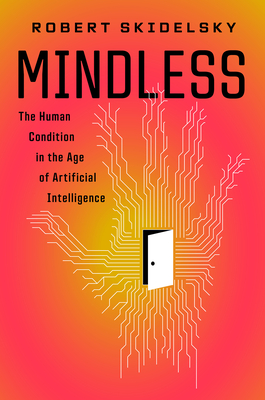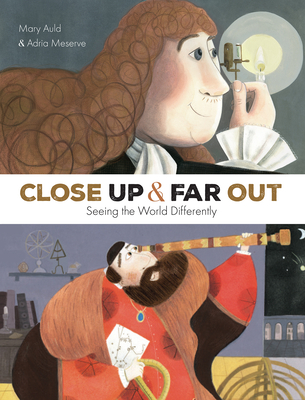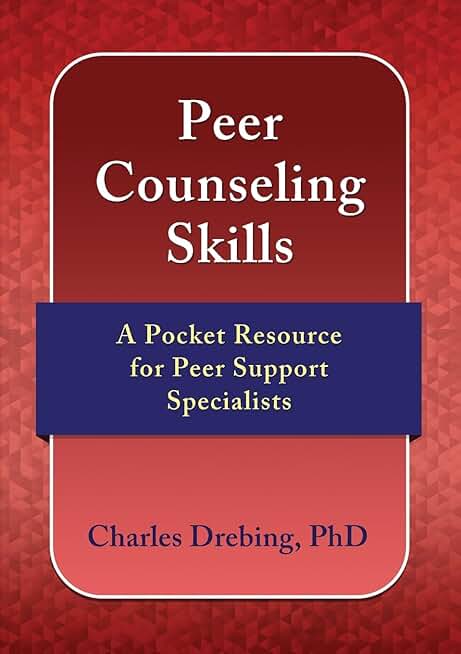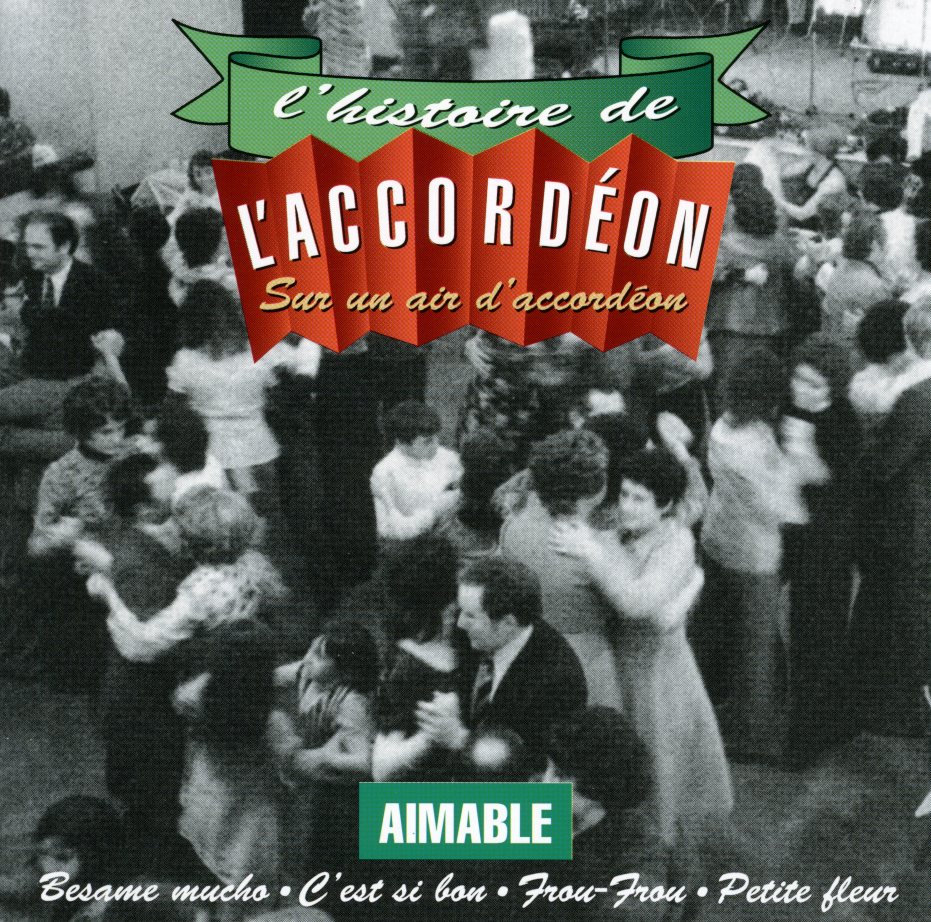
Skidelsky, Robert
product information
description
0This sweeping history of humanity's relationship with machines illuminates how we got here and what happens next, with AI, climate change, and beyond. Faith in technological fixes for our problems is waning. Automation, which promised relief from toil, has reactivated the long-standing fear of job redundancy. Information technology, meant to liberate us from traditional authority, is placing unprecedented powers of surveillance and control in the hands of a purely secular Big Brother. And for the first time, artificial intelligence threatens anthropogenic disaster--disaster caused by our own activities. Scientists join imaginative writers in warning us of the fate of Icarus, whose wings melted because he flew too close to the sun. This book tells the story of our fractured relationship with machines from humanity's first tools down to the present and into the future. It raises the crucial question of why some parts of the world developed a "machine civilization" and not others, and traces the interactions between capitalism and technology, and between science and religion, in the making of the modern world. Taking in the peaks of philosophy and triumphs of science, the foundation of economics and speculations of fiction, Robert Skidelsky embarks on a bold intellectual journey through the evolution of our understanding of technology and what this means for our lives and politics.
member goods
No member items were found under this heading.
Return Policy
All sales are final
Shipping
No special shipping considerations available.
Shipping fees determined at checkout.







